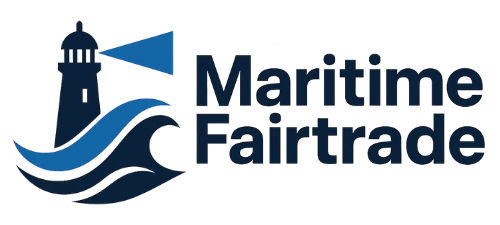Summary: Chinese Fishing in West Africa – Environmental and Social Impacts
In May 2025, the China Global South Initiative (CGSi) held a policy workshop in Ghana, addressing the environmental challenges posed by Chinese investments in West Africa, particularly in the fishing sector. Attended by environmental experts from eleven West African countries, the workshop culminated in policy briefs highlighting the urgent need for action against the ecological and social implications of Chinese fishing.
Key Issues:
Chinese companies, both state-backed and private, have significantly expanded their operations in West Africa’s fishing industry, often in violation of national regulations. These firms utilize destructive fishing methods like bottom trawling, leading to the depletion of fish stocks and degradation of local economies. Traditional fishermen, particularly the artisanal local fishers, face immense challenges as they cannot compete with the larger, more resourceful Chinese vessels. The pervasive illegal fishing activities undermine food security and endanger livelihoods for millions dependent on fish as a primary protein source.
Fisheries contribute over 15% to the regional GDP, with countries like Nigeria, Senegal, and Ghana accounting for 70% of total fish production. As Chinese fishing practices escalate, pollution from illegal mining and unsustainable water practices deteriorates water quality, further threatening regional aquatic ecosystems. The involvement of Chinese firms is exacerbated by corruption, weak enforcement of laws, and a lack of adequate governance frameworks in the region.
Challenges:
Several obstacles complicate effective oversight and regulation of Chinese fishing operations in West Africa:
- Under-resourced Enforcement: National authorities lack the capacity and resources for effective monitoring of illegal activities. Corruption at various levels further undermines governance.
- Political Influence: Complicity between local elites and Chinese companies often stymies reform efforts.
- Geopolitical Dependency: Dependency on Chinese loans and investments for local development projects often limits African nations’ ability to hold these companies accountable.
Policy Recommendations:
The brief outlines several key policy recommendations to combat the adverse impacts of Chinese fishing in West Africa:
- Strengthen Governance: Implement stricter penalties for local companies collaborating with Chinese trawlers, and revise outdated fisheries policies.
- Enhance Enforcement Capacity: Invest in the training and equipment for national enforcement bodies like the navy and coast guards for better monitoring of illegal activities.
- Regional Cooperation: Improve collaboration through the Sub-Regional Fisheries Commission (SRFC) to develop collective policies and harmonize fishing laws across borders.
- Real-time Monitoring Systems: Establish advanced tracking and reporting systems, integrating satellite data and citizen reports to combat illegal fishing effectively.
- Promote Sustainable Practices: Facilitate agreements prioritizing sustainable fishing practices, ensuring environmental protections are embedded in any dealings with Chinese entities.
By implementing these recommendations, West African nations can better safeguard their fisheries and water resources while promoting sustainable practices that benefit local communities and ecosystems. The collaborative approach highlighted in the workshop offers a path toward resilience and recovery from the adverse impacts of external exploitation in the region.










